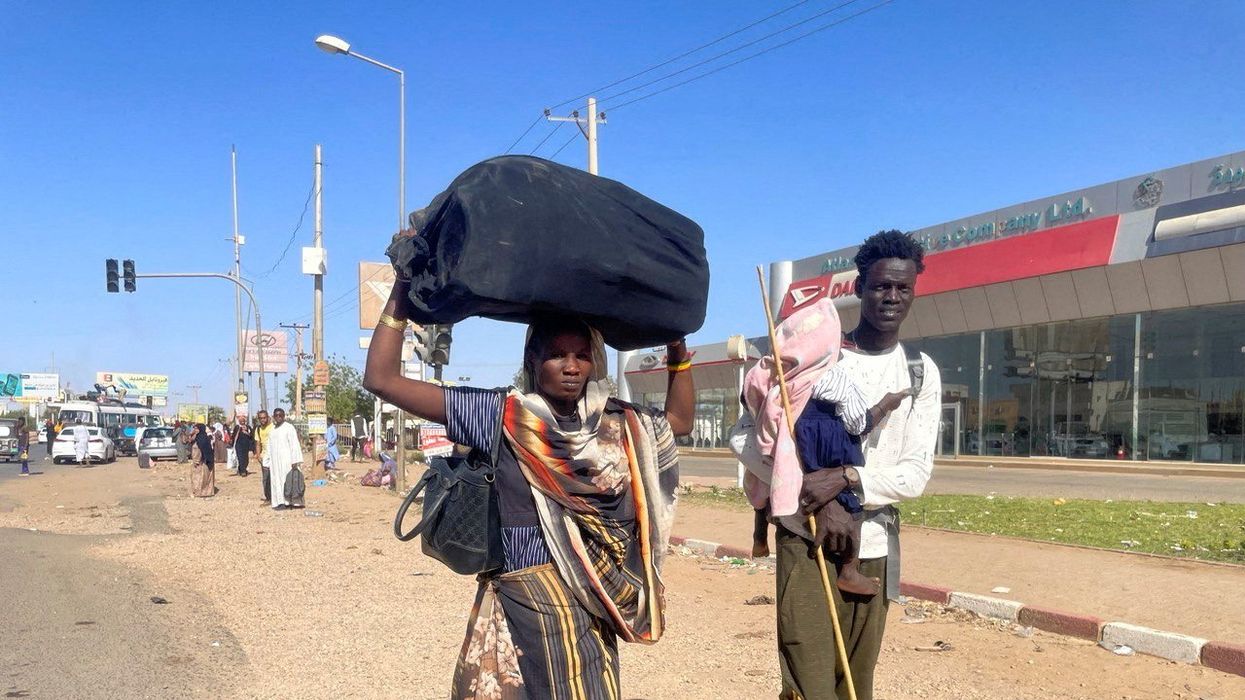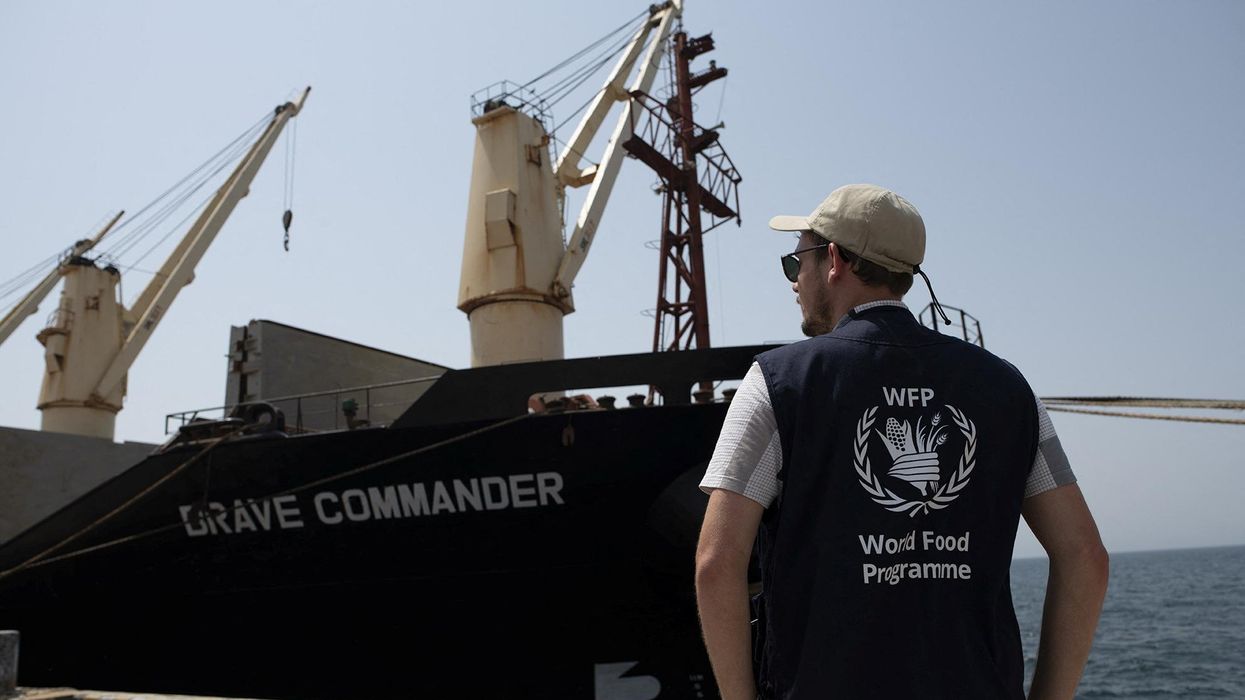News
Grain warfare: Russia escalates the conflict
In the wake of Russia withdrawing from the Black Sea grain deal on Monday, the Kremlin announced on Wednesday that it will consider all ships traveling to Ukrainian ports as hostile vessels.
Jul 19, 2023





